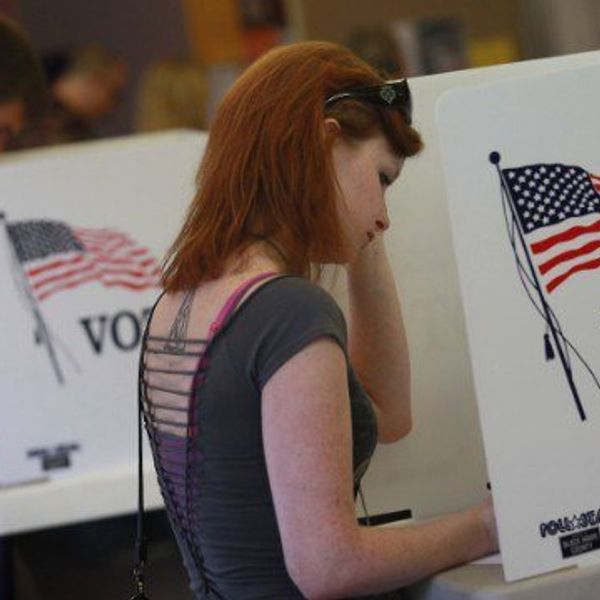I recently went to the dentist to get an old cavity refilled. I’ve known my dentist for as long as I can remember; he probably pulled half my baby teeth out for me. When he came into the exam room, he asked how school was going.
As a government major, I’m accustomed to people bringing up the current election to field my response. Usually, that’s about the extent of the political conversation, but sometimes I get really lucky and they continue to barrage me with questions about the gamut of national issues we deal with on a daily basis.
This was one of those times. My dentist gave me the numbing shot and sat down to wait for it to kick in, which turned out to be prime time to ask me if I was “one of those liberals,” whom I was going to vote for, and how I felt about Donald Trump.
I told him I don’t identify with either party and that I was considering voting for a third-party candidate. I told him that I’ve read a lot of transcripts from Trump’s speeches and my biggest issue is the violence he appears to advocate.
He looked at me with that you’re-too-young-to-understand face that we 20-somethings so often receive from baby boomers and said, “You think love and compassion are going to save you from getting your throat slit? Hell no!"
And then he began refilling my cavity. He continued discussing the current presidential campaign, telling me all the reasons why he’s voting for Trump in November with a level of urgency that was almost scary.
I didn’t know what to say, and I couldn’t have said anything if I tried because of the drill occupying my open mouth. I felt defenseless and discounted but it had nothing to do with the fact that my personal views differed from my dentist's, I just didn’t ask.
Now, I’ve known this man since my pre-braces days. It’s not like I was terribly shocked by our differing views, nor was I surprised by the fact that the election was our only topic of conversation. Everyone wants to talk about it. Eligible voters from all walks of life suddenly have passionate opinions on the entire national agenda, whether or not those sentiments influence their likelihood to actually show up at the polls.
Don’t get me wrong, I’m glad people are paying attention. Our country is on the verge of major social change and, if we’re going to do it the way our democracy’s governing document tells us to, it’s going to take active participation and frequent open discussion.
Since we all have something to say, it’s important that we say it the right way. This can be achieved through three very simple yet entirely crucial Tips to Successfully Discuss the Cluster that is American Politics:
1. Don’t push it. If you ask someone about their political views and they don’t ask about yours, don’t tell them. If they want to know, they’ll ask you. You should still ask if you’re interested, but don’t force it.
2. Don’t blow it. When discussing individual issues, make sure you know what you’re talking about. The best way to do this is by having an understanding of both or multiple frames of each topic. Do your research before you even form an opinion. Read the each party’s platform point, understand the legislation, and find the news from every source.
3. Don’t knock it. The likelihood of someone changing his or her views because of a happenstance discussion is extremely low. Don’t waste your time telling someone why their views are wrong or why yours are better. Listen to what they have to say, try to understand why they feel that way, and respect it.
We only have a few months left until this election comes to a frightful tipping point, so let’s try to spend that time productively. I encourage political debate, inquiry, and chasing the truth. That’s the only way we can move forward without tearing the country apart from the inside. Keep your eyes and ears open to new ideas and don’t forget to vote.





















